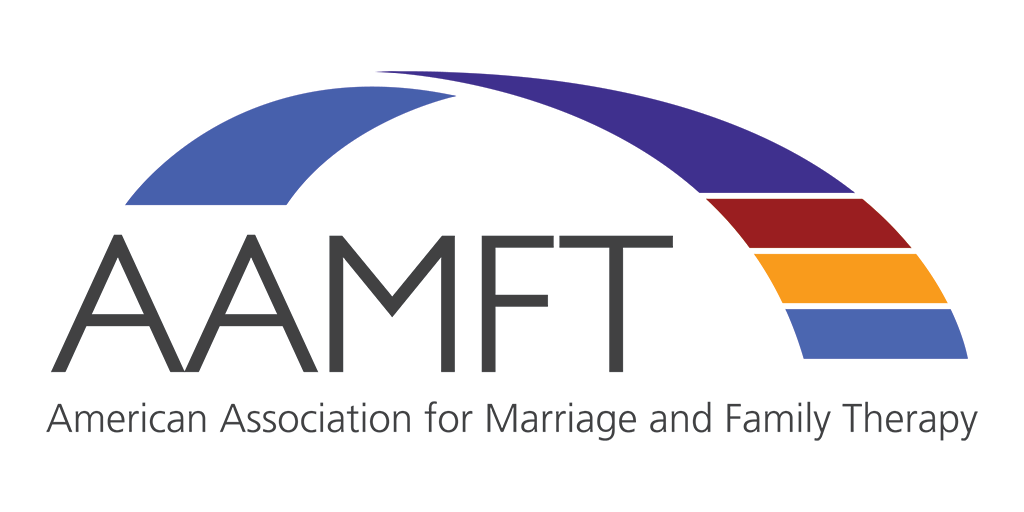You might hear different kinds of group therapy, including Cognitive Behavioral Groups, Psycho- educational Groups, Skills Development Groups, Support Groups, among others. However, in this article, I’d like to emphasize the impression of Interpersonal Groups on “ self”.
Based on my years of clinical experience across various contexts, including group therapy sessions I am acknowledging that how group therapy can help us to improve ourselves. Main to this is the concept of “self” – a multi-faceted entity that exists within the context of relationships.
In a group therapy setting, individuals engage not only with themselves but also with others, leading to a deeper understanding of their different identities including personal identity, cultural identity, social identity, family identity, job identity, and even more.
In the light of that engagement, the self can realize themselves deeply in the sense that they will learn what they want from their life, from their far and near future. Through the engagement and the group counselling sessions the “self” will acknowledge their strengths and limitations as the “self” engages with others, hears about others and then compares themselves to the others in the group.
In group therapy sessions, in the safe and non-judgmental environment, people are openly sharing their own concerns, their own experiences and their “self”. Undoubtedly, such concerns and experiences influence their sense of self more powerfully than past experiences.
I’ve observed, over time, how group members begin to communicate with other group members as if they are their family members and they started to connect with their inner world and inner voice. One touching example comes to mind, where a client likened a group member to their sister, mentioned that whenever I see this group member, she reminds me my sister with whom I have lots of conflicts. Finally, it was beneficial for both because they were able to engage and to play different roles to see which roles are more convenient for them to make it for themselves. In other words, in the safe and non-judgmental group therapy environment, they fake it to make it. They connected to each other and then to themselves and finally they choose the roles which are more convenient for them. This is the miracle.
In Group therapy sessions people will realize what they want from their life and what they want from themselves that’s why they start to rebuild themselves and they start to consider themselves more than past. Indeed, at the heart of this process is a renewed focus on the self. This is the miracle.
During group counselling and group therapy sessions, individuals have an exceptional opportunity to turn their attention inward. This self-reflection becomes the main source of positive changes such as setting personal goals and cultivating self-assurance, confronting fears, fostering resilience, knowing more and deep their feelings and emotions. Those come from interaction with other group members and then with themselves. This is the miracle.
Members help members to reconnect to their inner child, to heal past traumas, accept themselves unconditionally, discovering or making new meaning in their life. Members assist members to actualize themselves, to exercise loving themselves more than past. Members encourage their peers to hear themselves, they will be able to see themselves and they will be able to accept unconditionally themselves and then they will be able to make goals for their lives for near and far future.
The visions shared here are drawn from my large clinical experience working with various groups across various age groups. I passionately recommend seeking out a group therapy experience. It has the potential to be a truly transformative journey of self-discovery and growth. This the reason that I believe group therapy and group counselling is a miracle.










